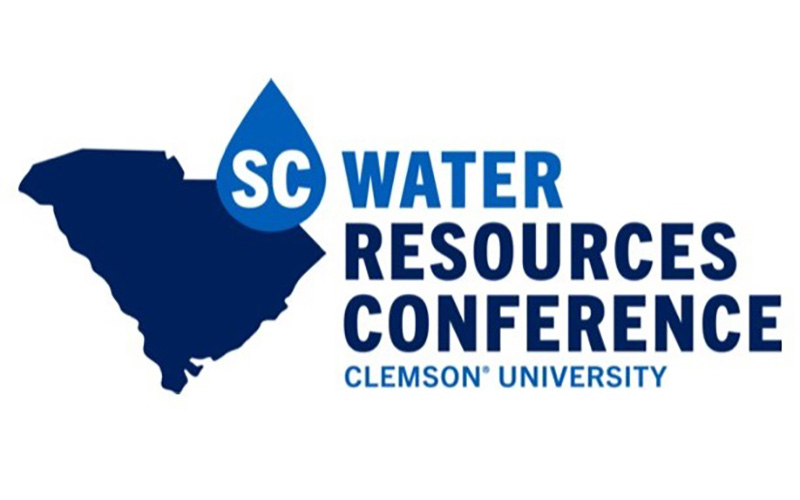Article Type
Full Research Article
Volume
6
Issue
1
DOI
https://doi.org/10.34068/JSCWR.06.01
Abstract
Increasing our understanding of the tidal dynamics, the extent of tidal reach, and storm surge impacts on near-coastal areas of Georgia and South Carolina rivers is a significant research opportunity. It has the potential to yield benefits to sustainable planning, ecosystem protection, and risk management for regulators and state agencies, local municipalities, coastal residents, and other regional stakeholders. This study leveraged existing United States Geological Survey (USGS) water level data for the Savannah River, added additional water level gauges in key areas for less than one year, and analyzed these combined large data sets with modified wavelet analysis and Fourier analysis. One significant outcome of the research included confirmation of river mile 45, historically referred to as Ebenezer Landing, as the head of tide. We also provide information on the dynamics of wave propagation through the near-coastal area of the Savannah River, give indication of critical areas of concern for flooding resulting from interactions between the interconnected factors affecting elevated upstream flows and storm tides, and discuss relevance of study results for various stakeholders.
Takeaway(s)
none
Recommended Citation
Rosenquist, Shawn E.
(2019)
"Supporting Coastal Resiliency by Investigating Tidal Reach and Inter-Connected Factors in Coastal Georgia,"
Journal of South Carolina Water Resources: Vol. 6
:
Iss.
1
, Article 2.
DOI: https://doi.org/10.34068/JSCWR.06.01
Available at:
https://open.clemson.edu/jscwr/vol6/iss1/2






